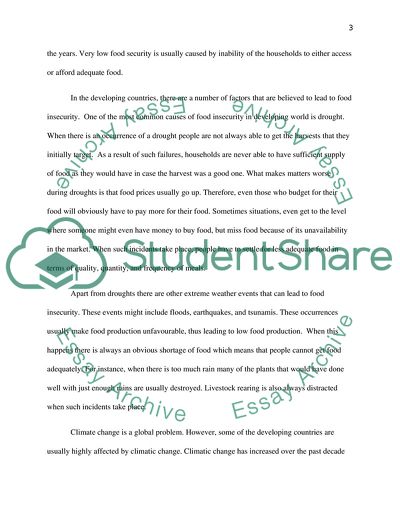Cite this document
(Food Insecurity in Developing World Assignment Example | Topics and Well Written Essays - 2500 words, n.d.)
Food Insecurity in Developing World Assignment Example | Topics and Well Written Essays - 2500 words. https://studentshare.org/health-sciences-medicine/1853858-what-is-food-insecurity-what-are-the-main-reasons-fo-food-insecurity-in-the-developing-world
Food Insecurity in Developing World Assignment Example | Topics and Well Written Essays - 2500 words. https://studentshare.org/health-sciences-medicine/1853858-what-is-food-insecurity-what-are-the-main-reasons-fo-food-insecurity-in-the-developing-world
(Food Insecurity in Developing World Assignment Example | Topics and Well Written Essays - 2500 Words)
Food Insecurity in Developing World Assignment Example | Topics and Well Written Essays - 2500 Words. https://studentshare.org/health-sciences-medicine/1853858-what-is-food-insecurity-what-are-the-main-reasons-fo-food-insecurity-in-the-developing-world.
Food Insecurity in Developing World Assignment Example | Topics and Well Written Essays - 2500 Words. https://studentshare.org/health-sciences-medicine/1853858-what-is-food-insecurity-what-are-the-main-reasons-fo-food-insecurity-in-the-developing-world.
“Food Insecurity in Developing World Assignment Example | Topics and Well Written Essays - 2500 Words”. https://studentshare.org/health-sciences-medicine/1853858-what-is-food-insecurity-what-are-the-main-reasons-fo-food-insecurity-in-the-developing-world.


